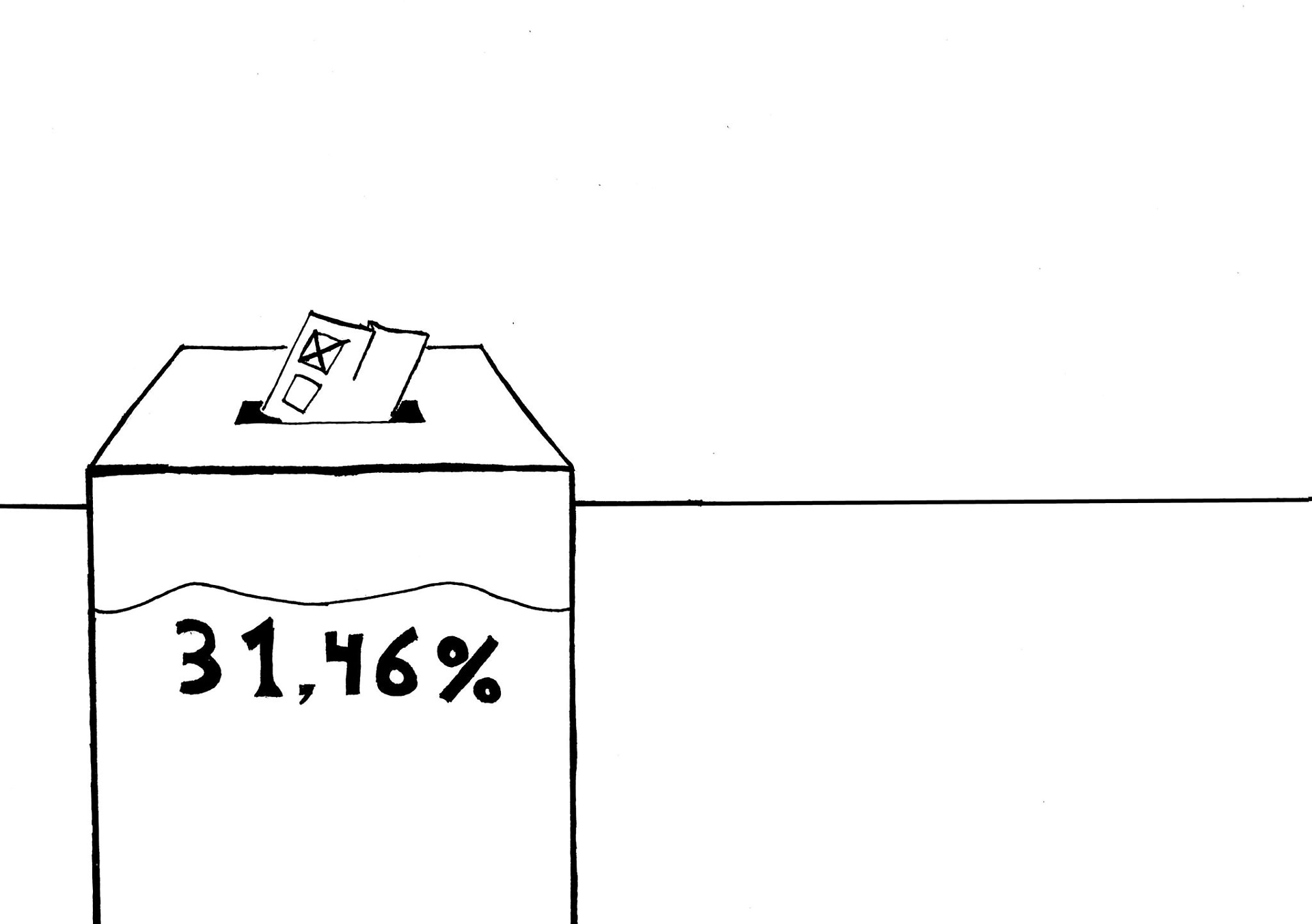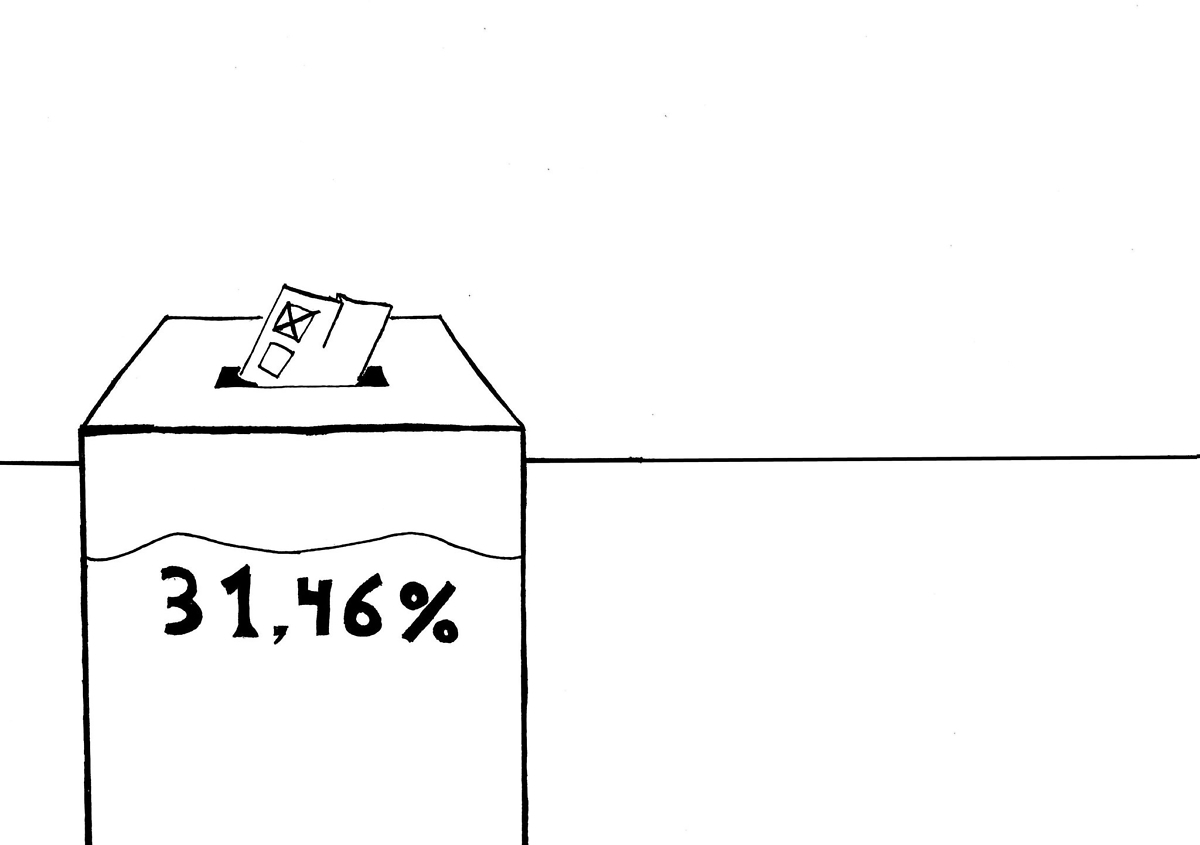

It all started in Italy, where Kenneth Reinicke was studying back in the days.
»They have very conventional patterns of gender-roles, strong family structures and they simply worship the macho man. I was totally fascinated since it was so different from what I was used to in Denmark. And it was this fascination that made me choose to write my thesis on gender-roles in Italy,« says Kenneth Reinicke.
That choice was a very decisive one. Today, 25 years later, Reinicke is still conducting research on gender issues, and he has recently published the book “Men who violate women”. The book offers reflections on the male role in the wake of the #MeToo-debate. It discusses why men engage in sexual harassment, identifies the men we are dealing with, explains why sexual harassment is so difficult to handle and suggests how we fight this phenomena.
The invisibility of men is a privilege
Kenneth Reinicke is interested in the dark and controversial aspects of men’s lives and that is reflected in his research. He is especially preoccupied with the way society often paints a picture of men as invisible and neutral objects: Even if a man commits violence or makes sexual harassment or buys sex, we quickly move on from talking about him to focusing on the woman as if she is to blame. Thus the man becomes “invisible”, and he cannot by any means be held accountable. Kenneth Reinicke underlines that this is a problem.
Kenneth Reinicke mentions an example from the American anti-violence activist Jackson Katz’ TED-talk which illustrates how unfamiliar we are with keeping focus on the male subject as the offender. The attention is shifting from the man ‘John’ to the victim ‘Mary’:
John beat Mary. Mary was beaten by John. Mary was beaten. Mary was battered. Mary is a battered woman.
»Until now, men haven’t had to think too much about their behavior towards women, and that has been a huge privilege. Since they actually have sexually harassed a woman, this invisibility is equivalent to flying under the radar. Today we victim-blame so the focal point is not the men who violates; it’s all about women messing up. “You went down a dark path, dressed in way too skimpy clothes, so it’s your own fault”. That’s why we don’t focus on what is the reason behind this harassment,« says Kenneth Reinicke.
In his book he comments on how the #MeToo-movement has played a part in focusing on men in relation to what is called gender-power relations. If men are to be studied critically, we have to see them as a gender, as a sex. Otherwise men’s actions will be taken for granted – masculinity becomes the norm and something immovable, and gender issues become something only women have. Much like how we tend to see ethnicity as something only ethnical minorities have.
»The critical look on men’s social life often disappears, because we are not used to discussing men as a social gender. The result is that we for example don’t ask ourselves why it is almost exclusively men who engage in sexual harassment and who buy sex. We know it is so, but we forget to analyze the why,« says Kenneth Reinicke and adds:
»It is important to note, that sexual harassment is difficult to combat since the very problems and challenges, with which we categorize and explain sexual harassment, have made it acceptable for men to harass, and at the same time have made it taboo for women to confront the harassment.
It is hard to keep focus on the main cause: Certain men’s behaviour and the reason why they act like they do. We have to discuss gender, to examine the grounds for some men’s actions. That may be both difficult and uncomfortable, and that’s why we simply avoid that discussion. When you have discussed sex clients, for example, it’s apparently culturally uncomfortable to discuss men’s sexuality in public. So we’ve focused more on voluntary and involuntary prostitutes and those behind them. The rest is sort of taboo,« says Kenneth Reinicke.
»The critical look on men's social life often disappears, because we are not used to discussing men as a social gender.«
Kenneth Reinicke, Ph.d. at RUC UniversityWhy men violate women
In Kenneth Reinicke’s opinion it is time to start sexualizing men the same way we do with women, and to focus on what is to be expected of a man. Because it is these expectations and conceptions of what a man should live up to that shapes the male gender – and the reasons for his actions. Reinicke explains that by focusing on the expectations behind men’s actions we will be able to understand male behaviour and, maybe, prevent amoral actions, such as sexual harassment.
As an example he points out that men, who engage in sexual harassment towards women, often do not intend to harass the women sexually. Their offensive behavior towards women is actually connected with a desire to gain popularity among their peers.
»That is partly because, as a man I’m encouraged to take an offensive role towards women. If I’m extrovert, charming and doesn’t take no for an answer I may be glorified and celebrated by other men,« says Kenneth Reinicke.
There is, however, no consensus on exactly when something is sexual harassment. Simply because it’s still a matter of opinion where legitimate cultural behavior stops, and the harassment begins. He elaborates with an example:
»The way men talk with each other about sexual harassment is perhaps considered legitimate within a male group, but may be disturbing to others. I have an example in my book, where my wife and I were standing at Dybbølsbro. A young woman with a baby stroller was standing on the bridge when a car came by and stopped beside her. A man rolled down the window and said: ‘It’s awsome that you’re so good-looking, even after having a baby’. The woman ignored him completely. The interesting thing here is that when you tell people about this, some will say ‘What an idiot’, while other people will say ‘How polite’ or ‘God, what a compliment’,« says Kenneth Reinicke.
The unaware harasser remains unaware
Men who commit sexual harassment are not always aware that their actions can be regarded as offensive. Kenneth Reinicke elaborates this by sorting the harassers into three categories: The hardcore harassers, opportunists and the unaware harassers. The hardcore harasser is the guy who thinks ‘I have the right to do this’. He is aware of it, and if he is told that his actions are wrong, he does not care. The opportunist thinks ‘Ah, there’s a chance here, so I’ll take advantage of that’. The unaware harasser is the clumsy man who knows no boundaries.
Kenneth Reinicke underlines that: »It’s important to point out that most men, who harass women sexually, are not evil men. It is men who think: ‘Gee, wasn’t I just being funny?’ It is men without empathy or ability to comprehend how their action comes across.«
The problem is that the men who harass women unconsciously are often not told that they actually crossed the line. Most likely they will not be told by their male friends, not if it is their way of hanging out and having fun, says Kenneth Reinicke.
We are only scratching the surface
By now #MeToo has been the talk of the town for a year; however, in Kenneth Reinicke’s opinion we haven’t yet seen major changes in the public domain.
»I made a presentation at Dare Gender, where someone from the Everyday Sexism Project said: ‘I think what we’re witnessing right now is that we’re just scratching the surface’. And if you go out one night and end up in a bar or in a club you may very well be subjected to exactly the same male behaviour as before,« he says.

